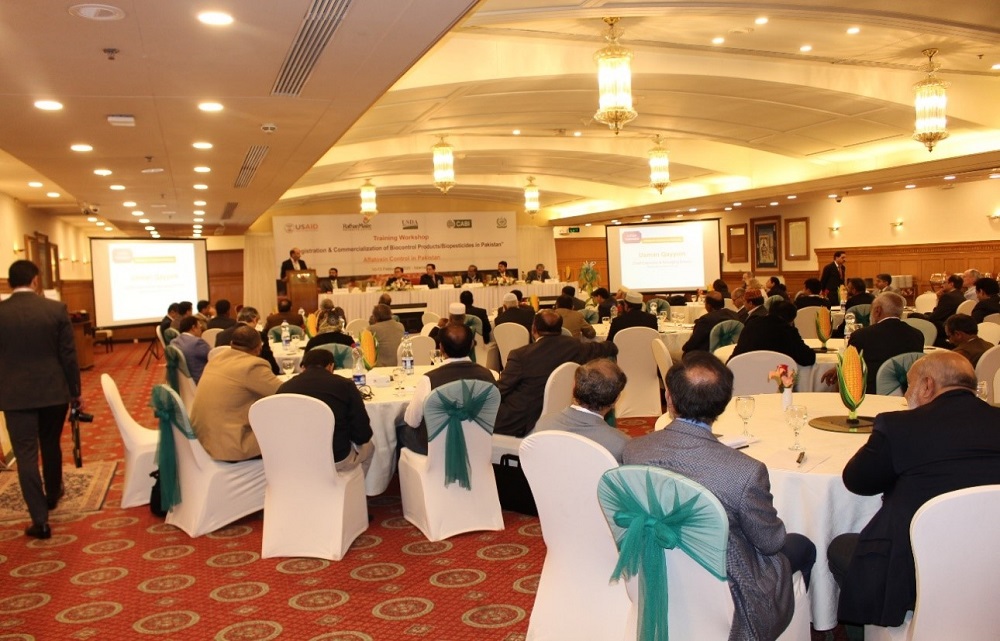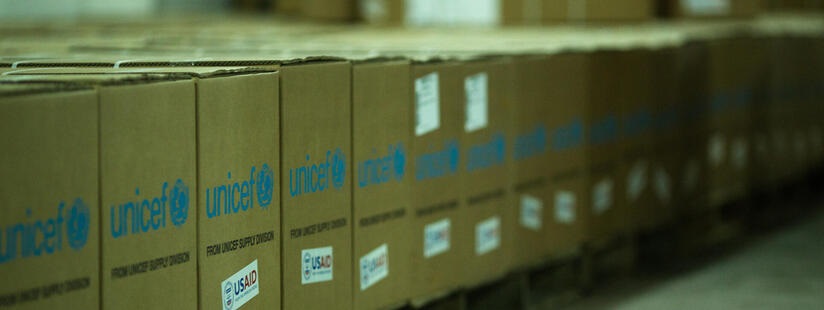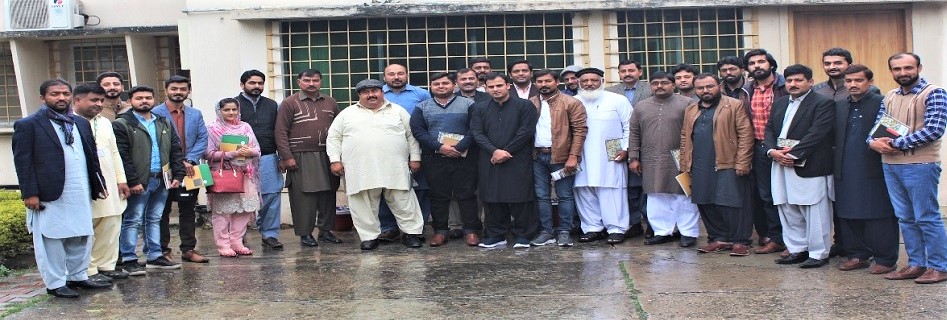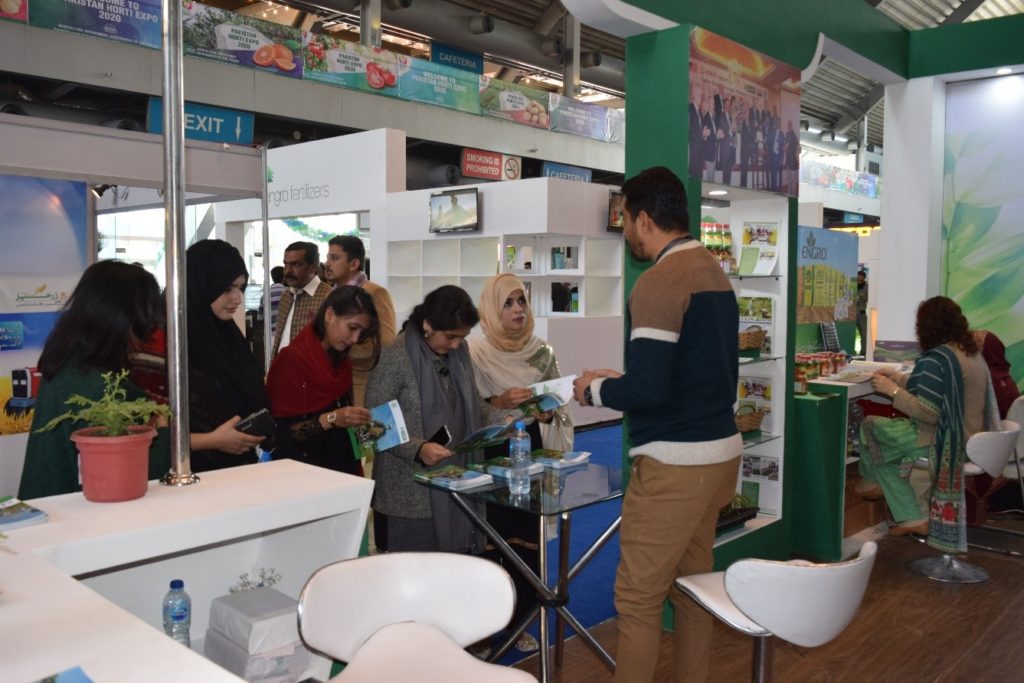CABI scientist defends PhD thesis on risks of pest and disease movement via plant and seed exchanges
CABI scientist Dr Iva Franić has successfully defended her PhD thesis looking at the risks of pest and disease movement via plant and seed exchanges. Dr Franić, co-supervised by Dr René Eschen, Research Scientist, Ecosystems Management, and Risk Analysis and Invasion Ecology at CABI, obtained her PhD degree from the University of Bern in Switzerland,…
Coronavirus and the Implications for Food Systems and Policy
In this blog, which originally appeared on the Agrilinks website, we take a look at the potential for COVID-19 to impact local and global food systems and their ability to provide safe, affordable, and nutritious food as well as sufficient incomes for people working in food and agriculture sectors. We thank the authors Billy Hall,…
International Day of Forests 2020 – ‘ecosystem services’ and forests to be thankful for
In 2012, the United Nations declared that the 21st March would be the International Day of Forests. This day raises the awareness of the importance of forests and their biodiversity, and on this day communities and nations are encouraged to undertake activities and discussions that celebrate and safeguard these habitats. On the International Day of…











